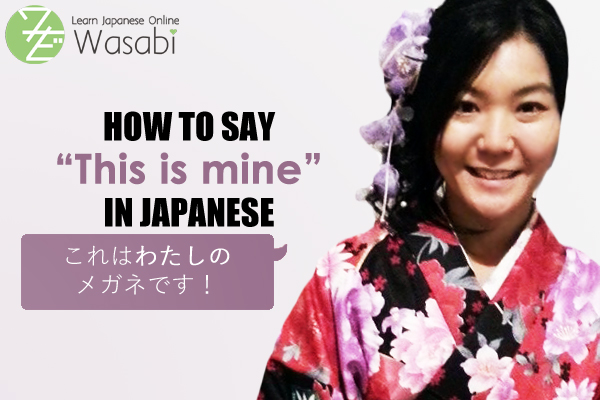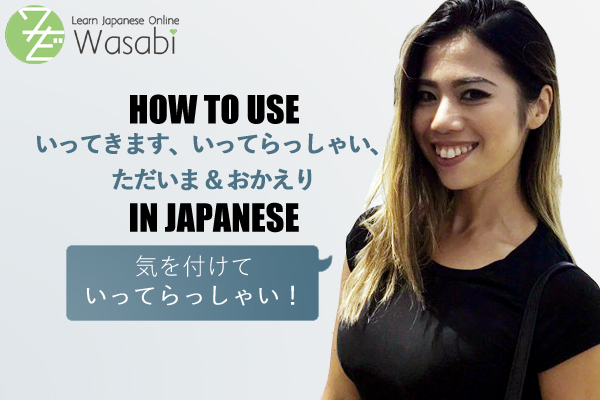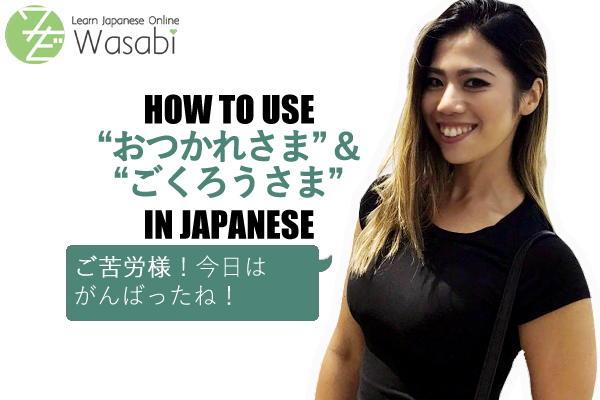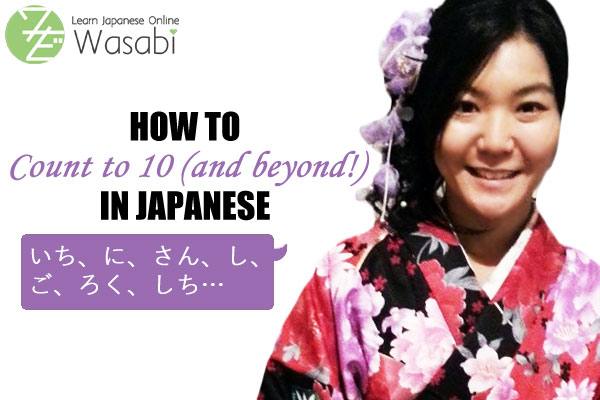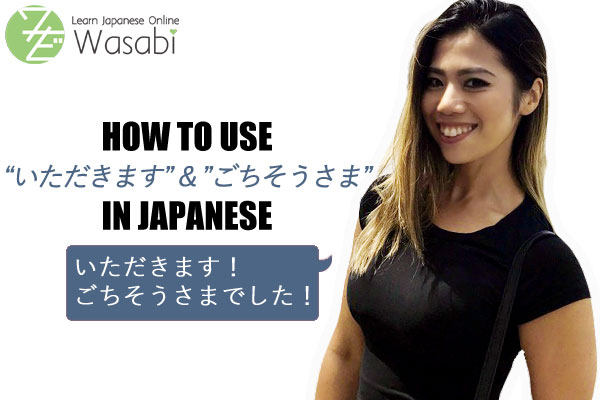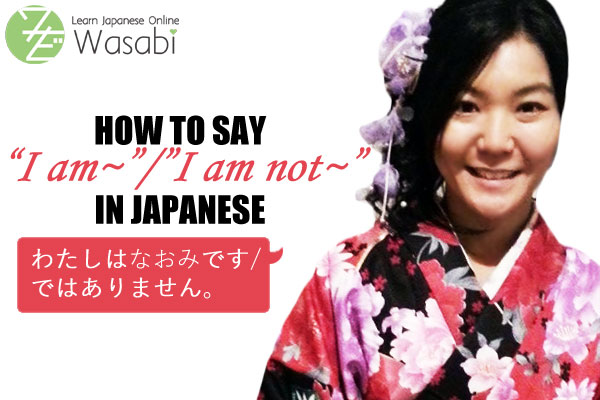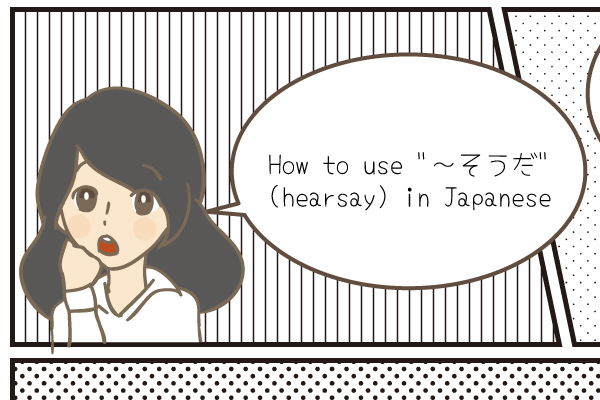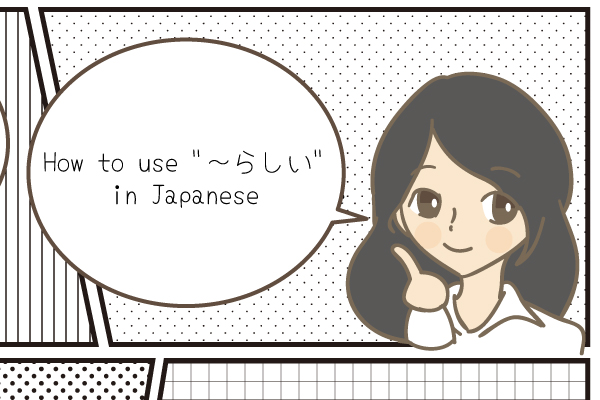How to say “This is my …” in Japanese Welcome to the next video and article series with tutor Naomi! In this article and video, Naomi explains how you can use the particle “の” to express that something belongs to you in Japanese. This is a very simple, but useful sentence structure used commonly in […]
Live Seminar
いってきます, いってらっしゃい, ただいま & おかえり: Use & Distinction in Japanese
いってきます、いってらっしゃい、ただいま、おかえり:Differentiation & Use in Japanese Welcome to the next video and article series with tutor Hidee! In this video, Hidee talks about four very common expressions in Japanese: いってきます、いってらっしゃい、ただいま and おかえり. In today’s lesson you will learn how to differentiate between these expressions and how to use them naturally in daily spoken Japanese. Table of […]
How to use I-Adjectives in Japanese
An Introduction to i-Adjectives in Japanese for Beginners Welcome to our third video and article series with tutor Naomi. In this live-stream, Naomi explains briefly how to use i-adjectives in their normal, negative and polite forms. I-adjectives are called that way because they always end on an “i” when placed before the noun they are […]
How to use “おつかれさま” and “ごくろうさま” in Japanese
How to use “おつかれさま” and “ごくろうさま” in Japanese Welcome to our second video and article series with tutor Hidee. In this live-stream, Hidee explains how to use the business expressions “おつかれさま” and “ごくろうさま” correctly in Japanese. Many learners are confused about these expressions, since they technically mean the same thing. But since they are different […]
How to count to 10 (and beyond) in Japanese
How to count to 10 (and beyond) in Japanese Welcome to our second video and article series with tutor Naomi. In this live-stream, Naomi explained in simple Japanese and English how to count to 10 and above in Japanese. The basis of this video explains how to count from 0 to 10, but since counting […]
How to use “いただきます” & “ごちそうさま” naturally in Japanese
How to use “いただきます” & “ごちそうさま” naturally in Japanese Welcome back everyone! In this live-stream, Wasabi tutor Hidee explained how to use “いただきます” & “ごちそうさま” naturally in Japanese. Both are expressions that do not translate directly into English, so you can study their origins as well as the most natural way to use them in […]
How to say “I am~”/”I am not~” in Japanese
How to say “I am~”/”I am not~” in Japanese みなさんこんばんは。 Hello everyone! In this live-stream, Wasabi tutor Naomi explained in simple Japanese and English how to say “I am~” and “I am not~” in Japanese: わたしは~です。 I am ~. わたしは~ではありません。 I am not ~. “です” is the formal version of to be. For complete beginners, […]
Last Lesson with Shiho: Revision
Last Lesson with Shiho: Revision In our last lesson with Shiho you learned how to use “~そうだ” to convey rumours and hearsay. Sadly, today is going to be our last lesson with Shiho, and thus we will review some of the topics we have learned with Shiho during the last few months. You can also […]
How to use “~そうだ” (hearsay) in Japanese
How to use “~そうだ” (hearsay) in Japanese Last week Shiho explained how to use “~らしい” to convey assumptions, hearsay and specific types of situational patterns. This time, we will take a look at the expression “~そうだ”, which we covered before. However, this time you will learn how to use “~そうだ” to express rumours and hearsay. […]
How to use “~らしい” in Japanese
How to use “~らしい” in Japanese Last week Shiho explained how to use “~ようだ” to judge a situation and make assumptions. In today’s lesson we will take a look at the expression “~らしい”. “~らしい” is very similar to expressions we’ve studied before, including “~そうだ” and “~ようだ/~みたいだ”. During the live-stream, she explained how to effectively distinguish […]

